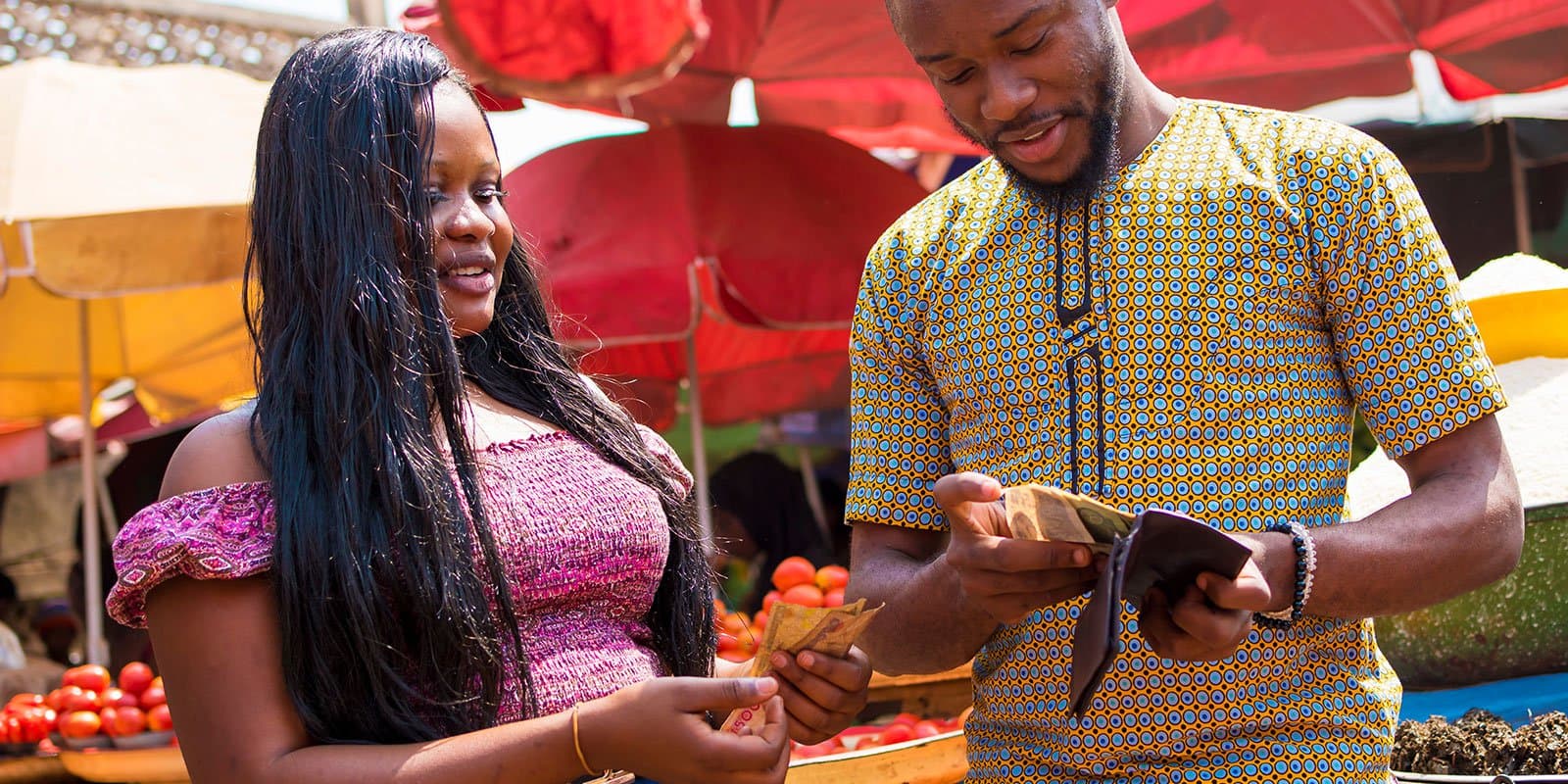
Nigeria’s attempt to reduce cash did not take off
In late 2018, the Nigerian central bank introduced new rules allowing telecoms firms, supermarkets, courier companies and others to become payment-service banks, with a license to take deposits, make payments and issue debit cards.
As the most populated country in Africa with 200 million people, 60% of Nigerians don't own bank accounts, giving mobile service companies 120 million reasons to compete for Africa's giant market share, including MTN Nigeria, Globacom and Airtel.
Interested mobile payment companies must consider the failures Kenya's M-Pesa and successes of Pagos, Nigeria's largest mobile operator business. The informal economy plays an important role in Nigera, and there's already a practice of trusting bus drivers with transporting sums of money as well as people.
Pagos seems to have adopted the bus driver method but with a twist: customers can visit a kiosk with their cash, exchange it for a receipt and the knowledge that their sum will arrive at the desired destination. The booth is the driver, but mobile transfer is the bus.
'In Nigeria, many people prefer to make payments by visiting kiosks run by a mobile operator and handing over cash, because they fear that their phones are not secure.'
The public must keep an eye on how this service might evolve. In 2016, the government introduced a Bank Verification Number policy, requiring every single bank account owner match their biometric details. As a result, every single transaction would be traceable from any bank branch across the country. Privacy is a human right, so it is no surprise that worried citizens working in the informal economy began abandoning their savings out of fear of being interrogated.
Bringing in new payment options should be encouraged, and it is interesting to see Africa's Giant taking strides to bring further options into its landscape. However, as history has shown, actively restricting the use of cash is not the way.
In 2012, Nigeria introduced a cash-less policy, placing a cash handling charge on daily cash withdrawals over N500,000 for individuals and N3,000,000 for corporate bodies in hopes of:
"reducing (NOT ELIMINATING) the amount of physical cash (coins and notes) circulating in the economy, and encouraging more electronic-based transactions (payments for goods, services, transfers, etc.)".
But success is not guaranteed, warns Yinka David-West of Lagos Business School. In east Africa, mobile money was initially touted as a way for urban workers to send money to relatives in villages. That may have less appeal in Nigeria, where more people live in cities and new arrivals often come with their families. And the rules restrict the products firms can offer: for example, they cannot lend.
Competition comes from specialist mobile-money operators, which are neither banks nor telecoms firms. They were permitted under the old rules, but faced obstacles to growth: until 2015, for example, unbanked mobile-money users could send no more than 3,000 naira at a time. Paga, a PayPal-like startup, has recruited 20,000 agents and reached 12m users (still a small fraction of a vast market). Tayo Oviosu, its founder, argues that the advantages of telecoms firms have been exaggerated...
